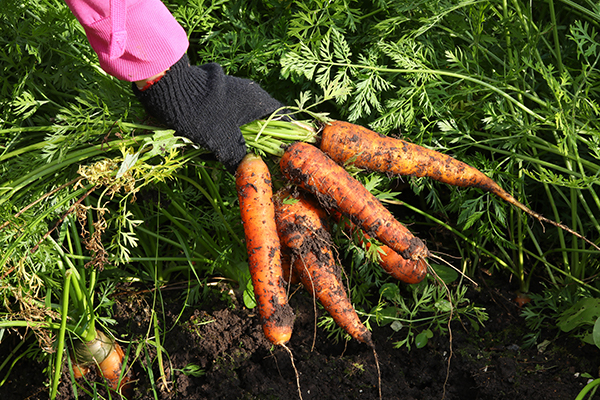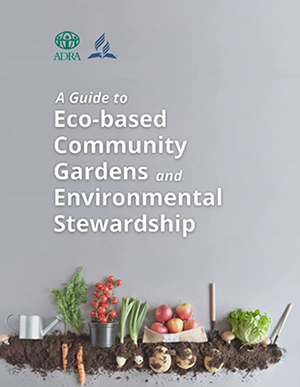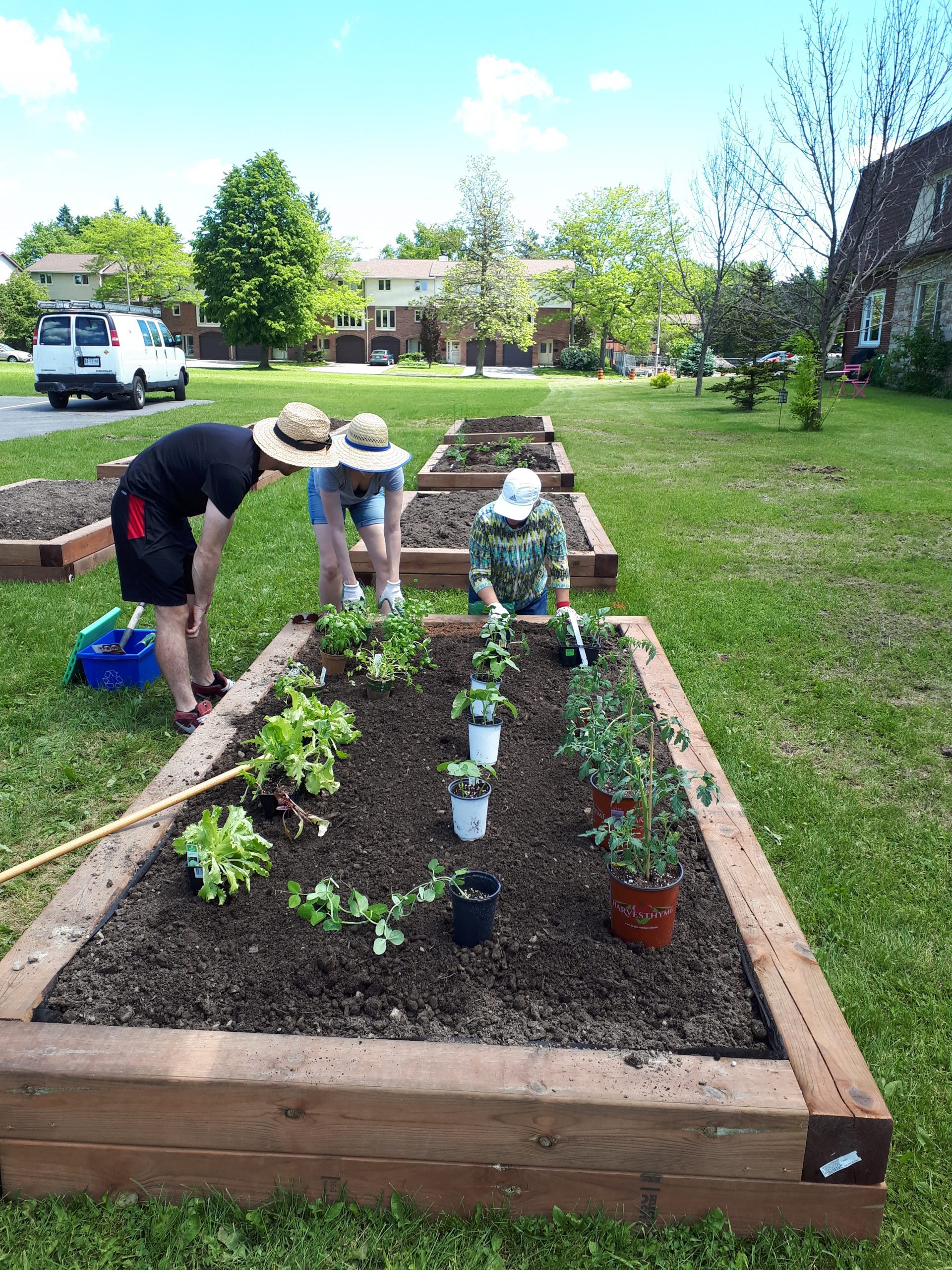Community Gardens
Community Gardens
Eco-based Gardens and Environmental Stewardship
ADRA Canada is beginning a national initiative that encourages local communities to develop community gardens, promoting healthy living and a cleaner, greener environment.
What is a Community Garden?
Community gardens are areas of unused open space where neighbours gather to collectively manage and care for a piece of land. These areas serve as a way for urban residents to grow their own fruits and vegetables, and to interact with both the environment and their neighbours.
Community gardens are safe, green spaces in urban areas with little or no park land and can contribute to keeping the air clean. The main principle is to keep it simple and manageable!

Benefits of Community Gardens

Gardens help to increase fruit and vegetable consumption by increasing the availability of these items and improve skills in food preparation if combined with nutrition education.

Community members grow their own produce, thereby reducing grocery bills.

Engage in exercise and enjoy nature while tending the garden and socializing with your neighbours.


Community gardens do not require large areas of land and can be as simple as a few raised beds in a park or residential area.

Start your own Community Garden
Start your own community gardening initiative today with this practical guide which can help you enhance the mission of your church through environmental stewardship and create long-lasting connections with your community.

In Our Backyard
With the onset of the COVID-19 pandemic, F. Edgar Nunes, pastor of the Kingston Seventh-day Adventist Church, was asking himself, “What more can my church do to help those in need? We are handing out as many food parcels as our resources allow. But these resources are limited. What more can we do?”
As he looked out at the broad expanse of green surrounding the church, a thought began to take shape. “We can help our neighbours help themselves. We can help our neighbours and the Kingston community by making our large, unused lawn available as a community garden.”